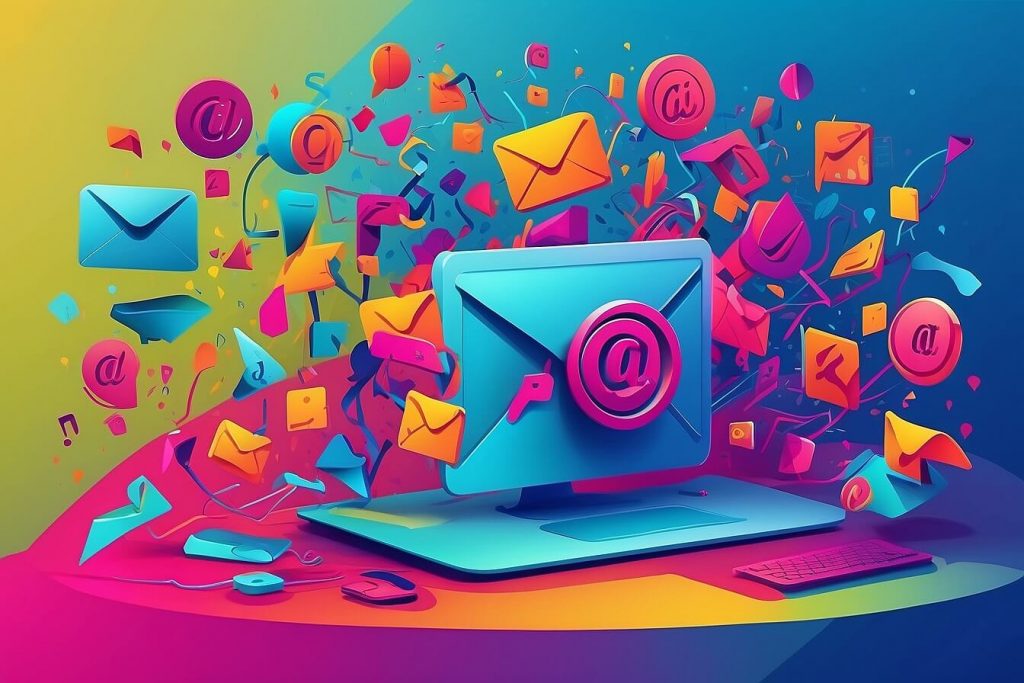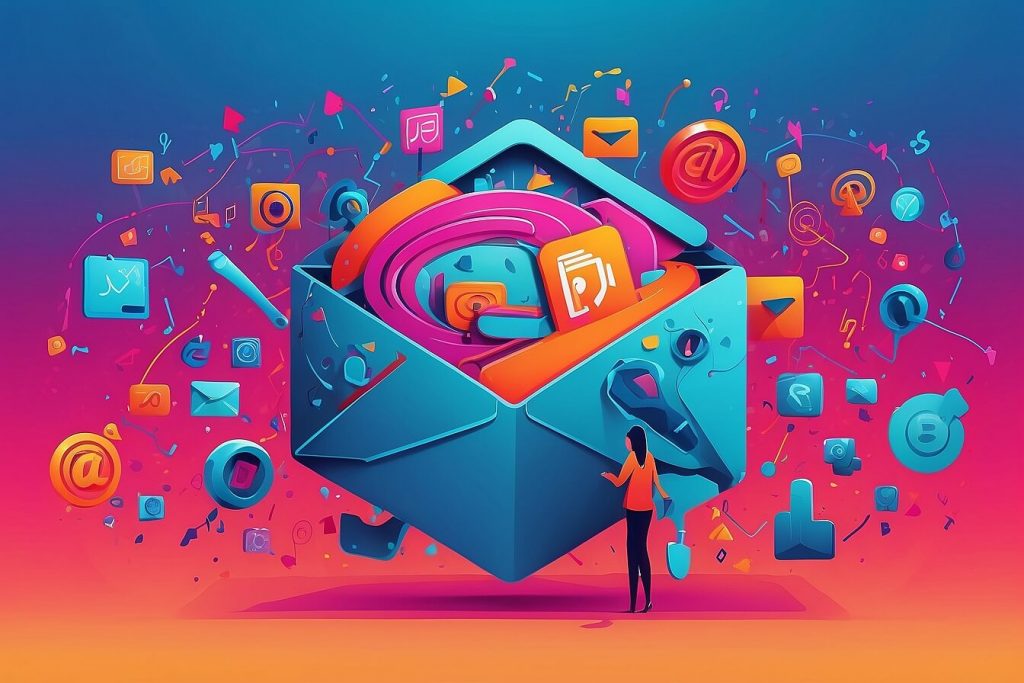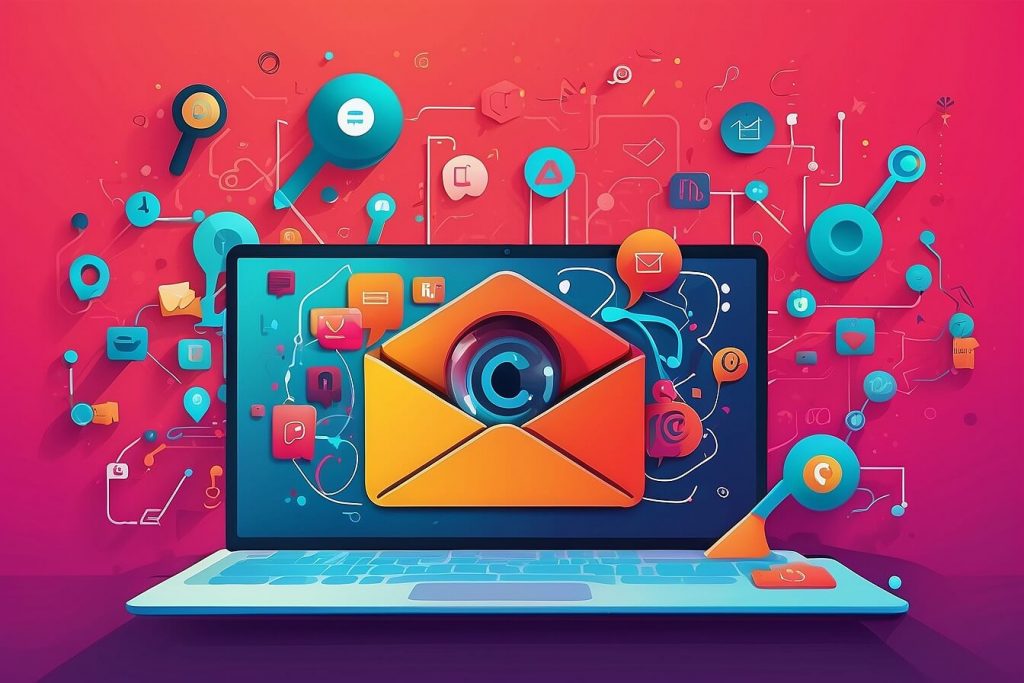AI and Email Automation: Streamlining Workflows for Efficiency

Related Posts

Predictive Analytics in Email Marketing: Anticipating Customer Behavior
The Role of Data Analysis in Email Marketing Data analysis plays a pivotal role in email marketing strategies. With the immense amount of data collected from customer interactions, it has become imperative for businesses to leverage this data effectively. By...

AI-Enhanced A/B Testing for Email Campaigns
The Importance of Testing in Email CampaignsIn the fast-paced digital world, email campaigns have become an essential marketing tool for businesses of all sizes. However, simply crafting a captivating email is not enough to guarantee success. It is crucial to...

Dynamic Content Personalization with AI in Email Marketing
The Role of AI in Email Marketing Artificial Intelligence (AI) has emerged as a powerful tool in the field of email marketing, revolutionizing the way businesses engage with their customers. With its ability to analyze vast amounts of data and...
Table of Contents
hide
